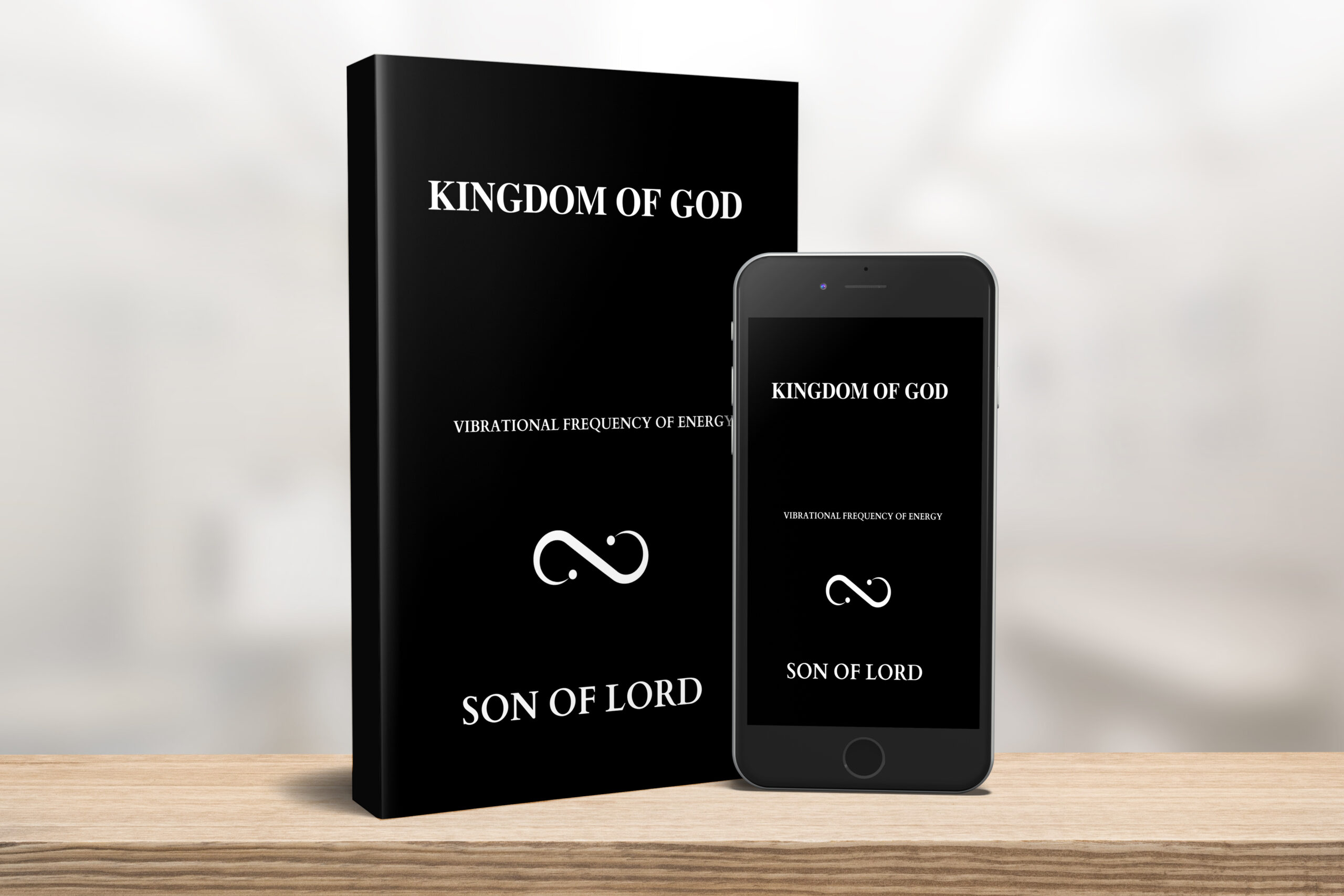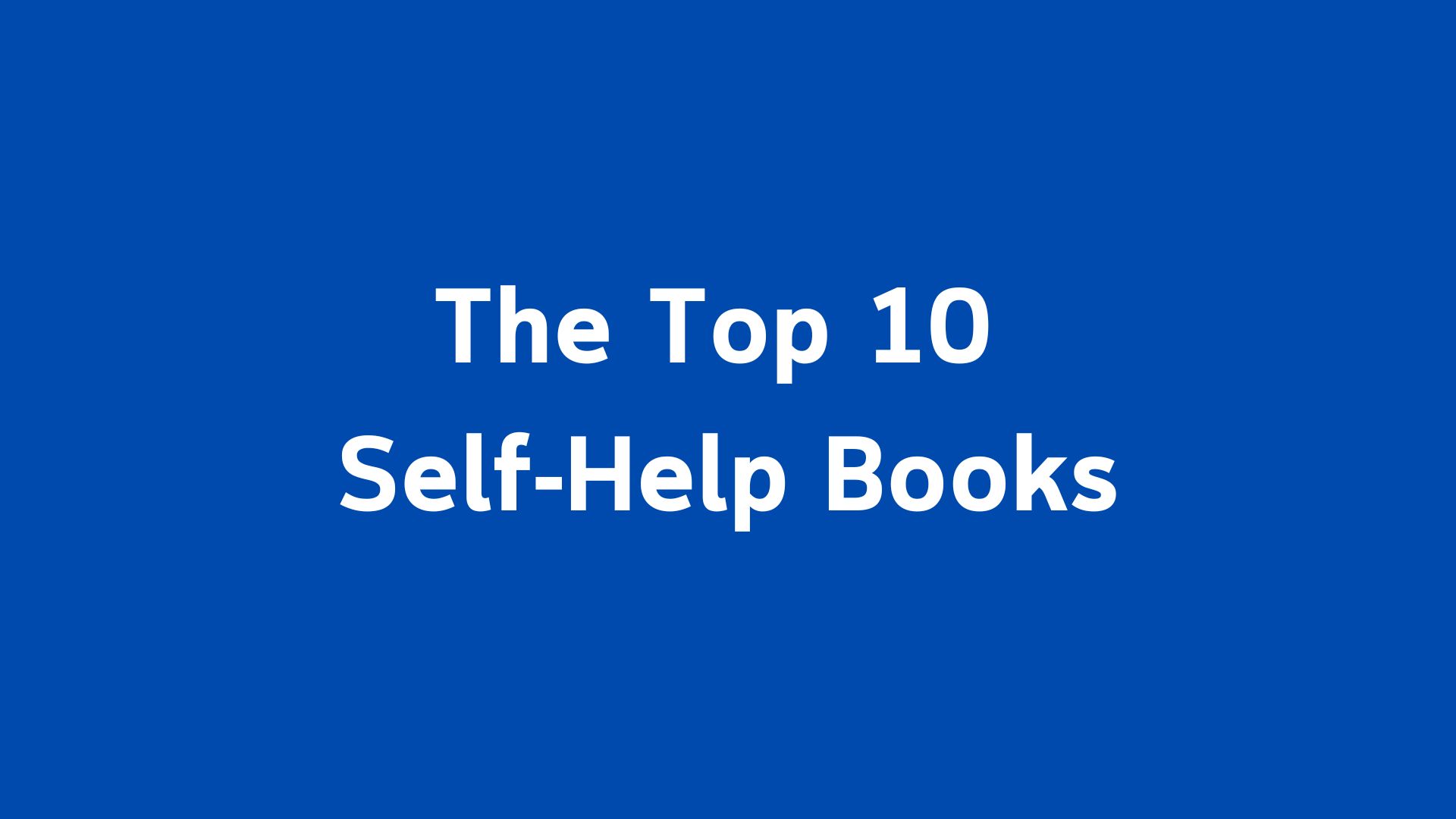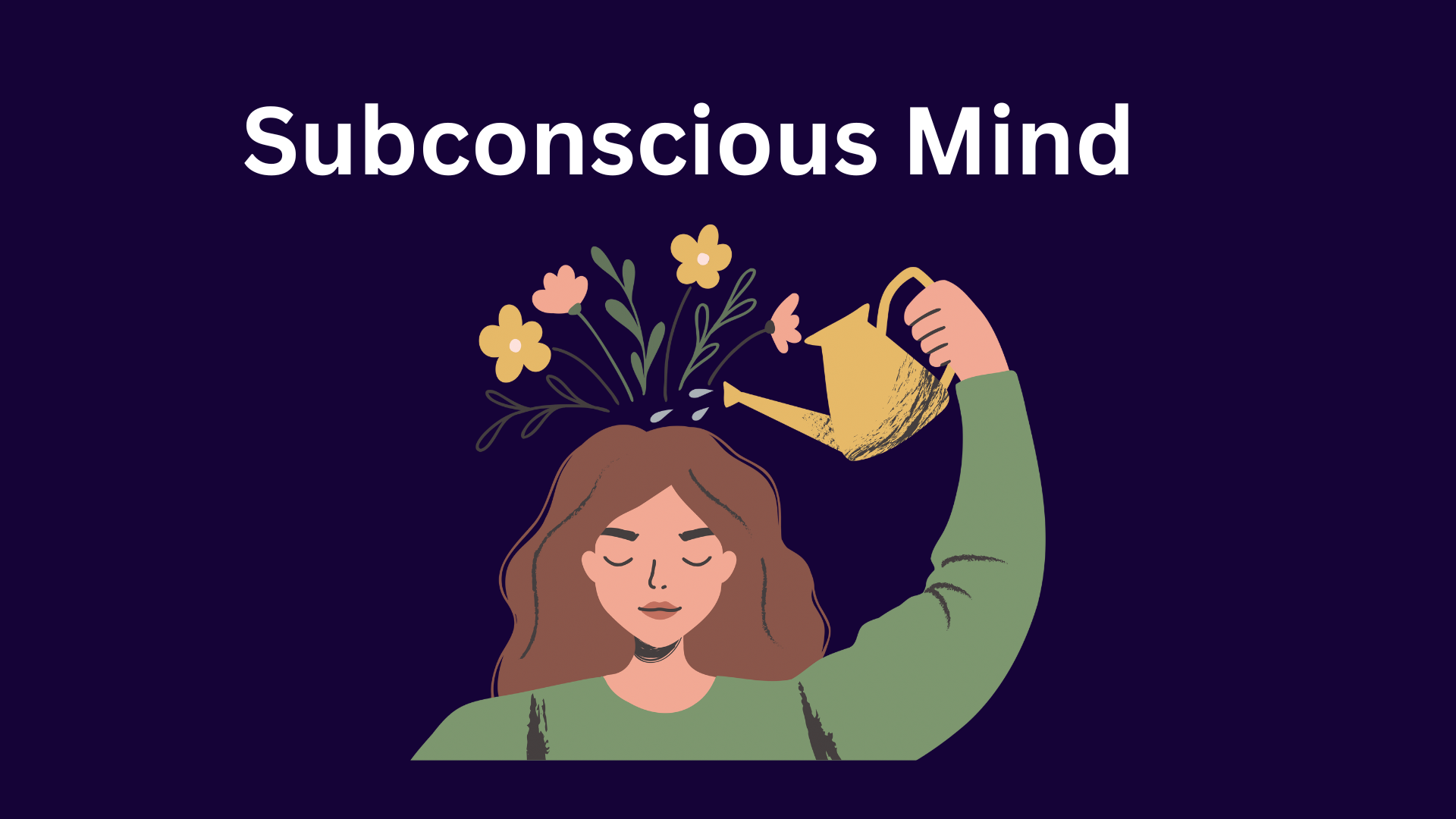The Best Books to Read About Life: A Journey Through Literature
Literature has long served as a mirror reflecting the complexities and nuances of human existence. Through the pages of books, readers embark on journeys—both profound and enlightening—that explore the essence of life, its myriad challenges, and the moments of sheer joy. Whether one seeks philosophical insights or stories that resonate with personal experiences, some books stand out as seminal works that encapsulate the human condition. In this blog post, we will delve into some of the best books to read about life, offering an overview of their themes, significance, and the unique perspectives they provide.
1. “Kingdom Of God” by Son Of Lord
SON OF LORD is a Dutch scientific institute specialized in teaching the Kingdom Of God based on the scientific facts. We have been told to seek first the Kingdom Of God, and we will have whatever we want, but what is the Kingdom Of God? Where is it? How can we enter it? What happens if we enter it? What happens if we don’t enter it? The book Kingdom Of God explains scientifically what Kingdom Of God is, how we can enter it, what happens if we enter it and what happens if we don’t enter it. If you want to seek Kingdom Of God based on the scientific facts, then this book is for you.
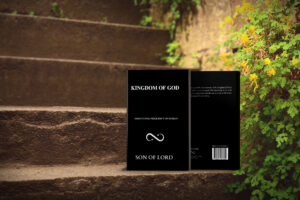
2. “The Alchemist” by Paulo Coelho
Paulo Coelho’s “The Alchemist” transcends cultural boundaries and has become a modern classic. This allegorical tale follows Santiago, an Andalusian shepherd boy who dreams of discovering a hidden treasure buried under the Egyptian pyramids. The novel beautifully explores the themes of dreams, destiny, and the personal legends we all carry within us. Coelho’s narrative encourages readers to listen to their hearts, seek their true paths, and embrace the journey of self-discovery. “The Alchemist” serves as a reminder that the pursuit of one’s dreams is often as valuable as the dreams themselves, making it a must-read for anyone navigating the complexities of life.
3. “Tuesdays with Morrie” by Mitch Albom
Mitch Albom’s poignant memoir chronicles his relationship with his former sociology professor, Morrie Schwartz, who is diagnosed with amyotrophic lateral sclerosis (ALS). Through a series of heartwarming meetings, Morrie imparts life lessons that challenge societal norms and encourage introspection. Topics such as love, work, aging, and death are explored with honesty and tenderness. Albom’s ability to distill these conversations into universal truths makes “Tuesdays with Morrie” an invaluable text for readers seeking guidance on what truly matters in life. Ultimately, it serves as a meditation on mortality and the importance of human connection.
4. “The Road” by Cormac McCarthy
In “The Road,” Cormac McCarthy presents a stark but beautifully written dystopian narrative that follows a father and son navigating a post-apocalyptic landscape. The novel delves into themes of survival, hope, and the unbreakable bond between parent and child amid the desolation. McCarthy’s sparse yet evocative prose forces readers to confront the fragility of life and the ethical dilemmas faced in extreme circumstances. It challenges us to reflect on what it means to be human when stripped of societal norms and comforts. “The Road” ultimately suggests that love and hope persist even in the darkest of times, offering a profound commentary on resilience and humanity.
5. “The Art of Happiness” by His Holiness the Dalai Lama and Howard Cutler
This collaborative work between the Dalai Lama and psychiatrist Howard Cutler integrates Eastern philosophy with Western psychology, presenting a practical guide to attaining happiness. Through dialogues, anecdotes, and insights, they explore the nature of happiness and the importance of cultivating compassion, connection, and mindfulness. The book posits that happiness is achievable through positive mental habits and altruism, making it accessible to readers from diverse backgrounds. “The Art of Happiness” invites readers to rethink conventional notions of happiness, emphasizing that true contentment arises from personal values and relationships rather than material possessions.
6. “The Prophet” by Kahlil Gibran
Kahlil Gibran’s “The Prophet” is a lyrical and philosophical meditation on the various facets of life, framed as a series of poetic essays delivered by a prophet named Almustafa. Gibran’s reflections on love, joy, sorrow, freedom, and self-knowledge resonate with readers across generations and cultures. Each essay delves into fundamental human emotions and experiences, encouraging readers to embrace life’s complexities with grace. The timeless wisdom contained within its pages offers profound insights that continue to inspire individuals embarking on their journeys of self-discovery, making “The Prophet” a cherished addition to any literary collection.
7. “Being Mortal: Medicine and What Matters in the End” by Atul Gawande
In “Being Mortal,” surgeon Atul Gawande confronts the shortcomings of contemporary medicine in addressing aging and end-of-life care. Through both personal anecdotes and research, Gawande argues for a shift in perspective regarding mortality, advocating for a more humane approach to aging and dying. He emphasizes the importance of autonomy, dignity, and meaningful living in the face of life’s inevitable end. This book urges readers to reflect on their values, relationships, and the quality of life over merely extending it, thus shaping a crucial dialogue about what it means to live well until the very end.
8. “The Untethered Soul” by Michael A. Singer
Michael A. Singer’s “The Untethered Soul” invites readers on a journey into the depths of their consciousness. The book encourages individuals to explore their thoughts and emotions, liberating themselves from negative patterns and limitations. Through spiritual insights and practical advice, Singer presents tools to achieve inner peace and clarity. The book highlights the importance of understanding the mind’s workings and emphasizes living in the present moment. Though deeply philosophical, it remains accessible, making it a valuable resource for those seeking personal growth and self-awareness.
9. “Man’s Search for Meaning” by Viktor E. Frankl
Viktor Frankl’s seminal work is not only a memoir but also a profound psychological exploration of life’s meaning. Written after his harrowing experiences as a Holocaust survivor, Frankl introduces readers to logotherapy, a form of existential analysis that underscores the importance of finding meaning in even the most agonizing circumstances. His narrative weaves together his personal experiences in concentration camps with philosophical musings, leaving readers to ponder: What gives life meaning? Frankl posits that amidst suffering, individuals can find purpose, emphasizing that the pursuit of meaning is a fundamental human drive. This book offers not only a historical account but also a deeply resonant message about resilience and hope.
Conclusion
Life, with all its intricacies, challenges, and triumphs, has been a central theme in literature for centuries. Each of the books discussed above offers unique perspectives on the human experience, helping readers navigate their journeys with insight and inspiration. As one delves into these works, it becomes evident that literature serves not only as entertainment but as a powerful tool for introspection and understanding. Through the lens of these authors, we glean wisdom about love, mortality, dreams, and the pursuit of meaning—lessons that resonate far beyond the written word. In your own journey through life, these texts may provide solace, challenge your perceptions, and ultimately enrich your understanding of what it truly means to live.
